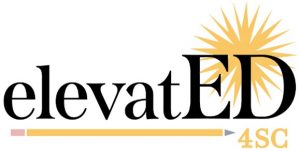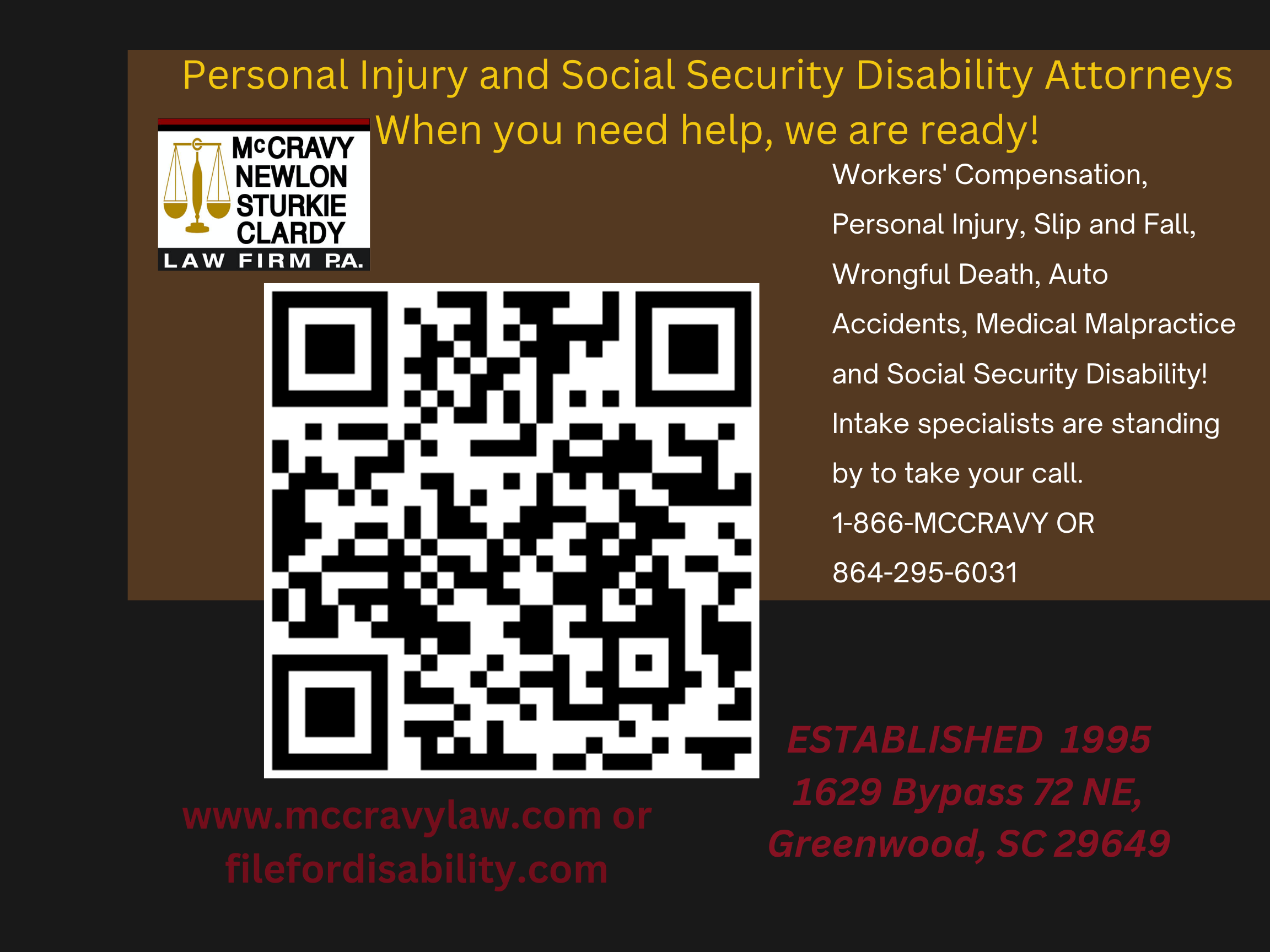Video podcast series releases third episode to elevate the conversation around education transformation, teacher leadership
March 2, 2022A new video podcast series releases its third episode this week to elevate the conversation around education transformation in South Carolina. Dropping on March 3, this episode of the ElevatED4SC vodcast series focuses on teachers’ innovations and creativity in leading their classrooms during the pandemic.
The video and audio versions of the series are available on YouTube, ITunes and Spotify. Two 18-minute episodes are released monthly. Previous episodes and show notes are at ElevatED4SC.
ElevatEd4SC, launched Feb. 3, features success stories illustrating how education transformation is already happening in some South Carolina schools. Viewers and listeners can also learn about what other states are doing to meet similar challenges and find out what a whole child, cradle-to-career approach to education would look like.
ALL4SC is the producing partner for the vodcast series. ALL4SC – Accelerating Learning & Leadership in South Carolina – is a University of South Carolina initiative advocating a whole child approach to education. Other partners in producing the vodcast series include UofSC’s College of Education, UofSC’s College of Information and Communications, and Tri-County Cradle to Career Collaborative.
Two returning contributors join the first segment of the vodcast to share stories of teachers leading their classrooms in creative ways. In Segment One, Merrit Jones, ALL4SC fellow and advisor to national nonprofit Student Voice, shares initiatives that several teachers are leading on their own.
She discusses how strong teacher leadership depends upon hearing student perspectives on how they learn best. “Good teaching relies on good communication with students and responding to that feedback in real time,” says Jones.
Contributor Christina Melton is a veteran educator with more than 28 years of experience ranging from classroom teacher to district superintendent. She says that in order to implement the idea of whole child education, a whole community must work together.
“I would call upon our community members,” says Melton, asking the community to consider “what resources do you have available that you could contribute to the work of a district where you live? So often there’s so many great things happening in districts and communities where maybe the school district doesn’t know about it. Or maybe you tried one time, four or five years ago, and it wasn’t successful…. Come back, give us an opportunity because the needs being revealed now are so much different.”















